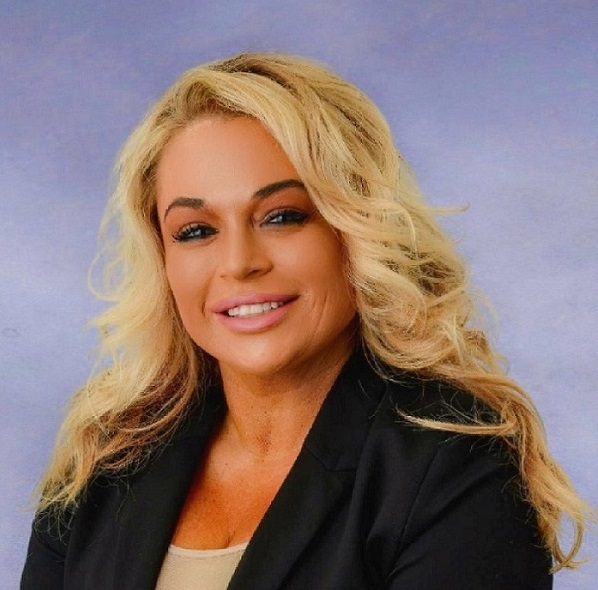Why Retirement Saving Should Always Stay Top of Mind

By: Dave Evans
This week is Retirement Planning Week. Retirement Security Week will come around later this year, probably alongside several variations on this theme. But while only a handful of weeks are dedicated to retirement savings awareness, we should actually focus constant attention on the importance of saving for retirement—and saving in general.
We’ve all heard Aesop’s fable of the grasshopper and the ant: The grasshopper delays preparing for winter, and when bad weather hits, he realizes all too late that he should have planned methodically like the ant in order to survive the winter.
Altruistically, we should all want everyone to have adequate retirement savings. But if altruism isn’t motivating enough, consider that the inadequacy of retirement savings on a national scale translates into lower levels of discretionary income. And since consumer spending powers about 70% of the economy, poor retirement planning causes businesses to suffer and employment to decrease.
Plus, inadequate retirement income renders people unable to purchase Medicare supplement-type policies, which increases the burden on hospitals. When people become impoverished by health care that Medicare parts A and B do not cover, the burden will increase for Medicaid as well. The long-term challenges confronting Social Security are well known, since neither major political party made entitlement reform a priority during the last election.
With all that said, it’s on financial advisers like independent agents to emphasize the importance of personal savings. Study after study demonstrates that the number of Americans with substantial retirement savings is less than 50%.
Until the 1980s, most retirement plans were defined benefit pension plans, which provided a monthly benefit based on years of service with the employer, or a set unit of benefit per year of service. It wasn’t a perfect system, since employers could use a vesting schedule that required employees to provide as much as 10 years of service before receiving a retirement benefit. As a result, many women in particular were penalized, since many left the workforce to raise children. The 1980s also ushered in a period of downsizing for many corporations, particularly in heavy industries like steel. As a result, younger workers became less likely to have a long career tenure with one company like their parents did.
These factors—coupled with an ingenious use of the Internal Revenue Code—prompted the introduction of the 401(k) plans in the early 1980s. They were originally conceived to supplement the traditional pension plan, not replace them; however, due to accounting and regulatory complexities, along with corporations’ desire to lower their retirement costs, 401(k) plans have become the sole retirement program for a majority of businesses today.
The logic of a 401(k) plan depends on a meaningful contribution from the employee coupled with either an employer matching contribution or discretionary contribution. Unfortunately, many younger employees don’t take advantage of 401(k) plans due to low pay or high student loan debt, amounting to little or no retirement savings during their 20s and 30s. Similarly, for single-parents, reducing current take-home pay to save for the future is not always a realistic strategy.
The solution involves first educating people about the urgent need to save. Encourage them to develop different spending habits, such as lowering the cost of their cable package and cutting back on entertainment. Second, make sure your commercial clients make meaningful retirement contributions and commit to high participation savings rates by their employees. Third, rules governing 401(k) and other retirement plans should be simplified to make them easier to adopt and oversee.
If we don’t develop a sense of urgency among our public policymakers and employees, we’ll all suffer the long-term consequences.
Dave Evans is a certified financial planner and an IA contributor.










